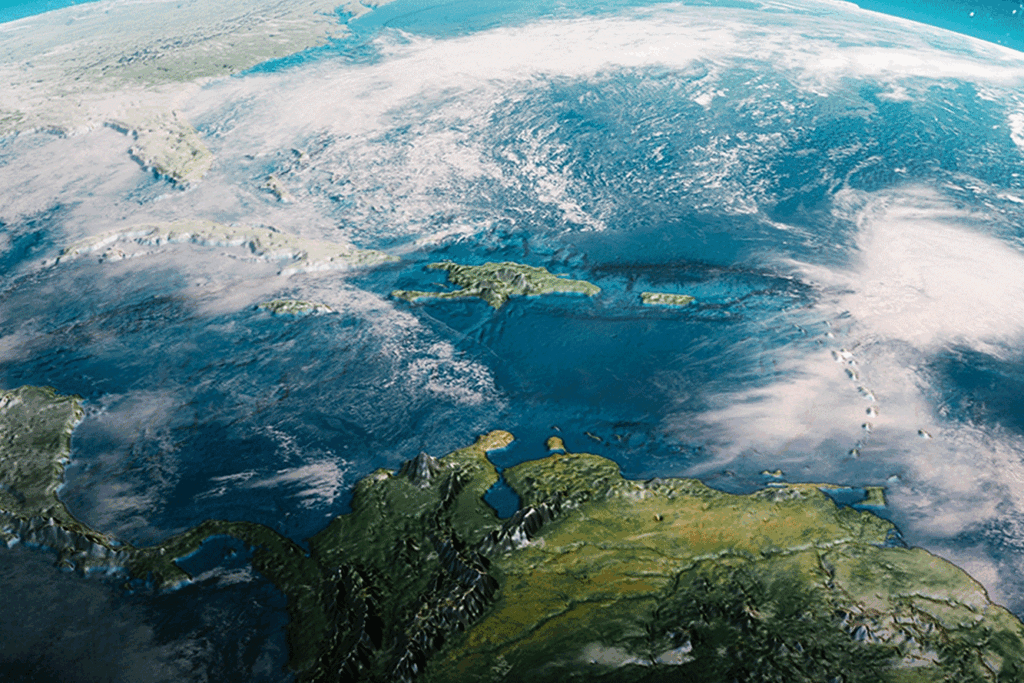There’s a moment toward the end of “The Greatest Night in Pop” — the new Netflix documentary (premiering Monday) that goes inside the making of “We Are the World,” the historic 1985 charity single — where even Bob Dylan was intimidated by the star-studded session.
Surrounded by everyone from Ray Charles, Diana Ross and Paul Simon to Tina Turner, Willie Nelson and Billy Joel, the Bard was clearly out of sorts — and out of his element.
But it took one particular legend to help another one find his solo mojo.
“The secret agent to help him get comfortable was Stevie Wonder,” says David Breskin — one of two journalists invited by producer Quincy Jones to cover the momentous occasion — in the documentary.
“Stevie is an insanely great mimic,” continues Breskin, explaining how the R&B master used his special talents to help the folk god: “Stevie sang it ventriloquially in Dylan’s voice.”
It’s a dead-on impression that impresses even Dylan, who — in the only time the room is cleared to give one artist his space — finally nails his part.
Such is the spirit of unity that — against all odds and egos — pulled together the recording of “We Are the World” on Jan. 28, 1985 at A&M Recording Studios in Hollywood, right after that night’s American Music Awards.
The single, which was released two months later on March 7, went on to sell a whopping 20 million copies to benefit African famine relief.
“I thought a really important part of the story was the buildup and the planning of the night,” “Greatest Night in Pop” director Bao Nguyen told The Post.
“The planning of it was, like, crazy. They had to use rolodexes and fax machines. And there’s no cell phones, there’s no internet. So I can’t even fathom the logistical [issues] in that time to try to contact all these superstars.”
But yet a who’s who of ‘80s music icons showed up — with the instructions to “check your ego at the door” — to record the sog written by Lionel Richie and Michael Jackson. The once-in-a-generation happening was inspired by “Do They Know It’s Christmas,” another all-star charity single — by the UK-born Band Aid supergroup — that was released in December 1984 .
It was the late Harry Belafonte who went to Ken Kragen, Richie’s then manager, to organize a US response.
“Harry said, ‘We have white folks saving black folks. We don’t have black folks saving black folks,’” recalls Richie in the doc.
“That’s a problem. We need to save our own people from hunger.”
And with USA for Africa featuring the likes of Dionne Warwick and Smokey Robinson singing alongside Bruce Springsteen and Cyndi Lauper — all of whom are interviewed in “The Greatest Night in Pop” — Belafonte’s goal was accomplished.
But one artist — “The Glamorous Life” singer-drummer Sheila E. — reveals that she felt “used” when she was invited to the epic session at the AMAs under the assumption that she would be one of the soloists.
However, the Prince protegée was actually welcomed in hopes that she would convince her mentor — who was rumored to be in a feud with Jackson after his 1984 “Purple Rain” blockbuster — to participate.
But Richie reveals that Prince — who was chilling at the Mexican restaurant Carlos ’n Charlie’s after taking home three trophies and performing “Purple Rain” at the AMAs — would only come if he could record a guitar solo in a room all by his royal self.
“I already knew he wasn’t gonna come, because there was too many people and he would feel uncomfortable,” says Sheila E. in the doc.
“They never intended on having me sing a verse, which was a little bit heartbreaking.”
And it was the exact same feeling for the documentary’s director.
“When she told us that story, like, my heart was breaking,” said Nguyen.
“But even though that happened, she loved being part of the song, and it was still a very huge part of her legacy to be there.”

